About Centre
The Centre’s research focus includes understanding developments in the African region and analysing various hotspots like Egypt, Libya, Nigeria, Somalia, Sudan, and the Indian Ocean Region. It also focuses on bilateral, regional and multilateral engagements between India and the countries of Africa. The Centre also endeavours to analyse India’s engagement with Latin American countries, particularly in forums such as IBSA, BRICS, etc. In addition, the Centre carries out research on the broader theme of India and the United Nations. It deals with important topics that come up in the Security Council and those that hold relevance and significance for India’s foreign policy.
Click here for newsletters of the Center - Africa Trends and Indian Ocean Watch
Members
-
Associate Fellow
-
Consultant
-
Associate Fellow
-
Research Analyst
Events
Monday Morning Meeting on “India and the Geopolitics of Antarctica”
Monday Morning Meeting on Sustainable Development Goals: India's Challenges and Accomplishments
Members
-
Associate Fellow
-
Consultant
-
Associate Fellow
-
Research Analyst

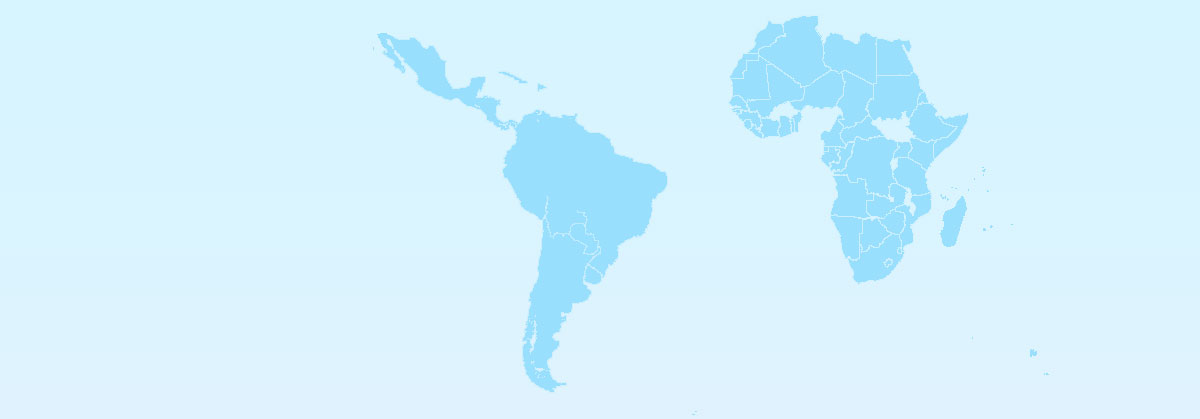
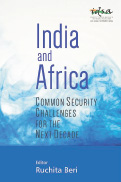
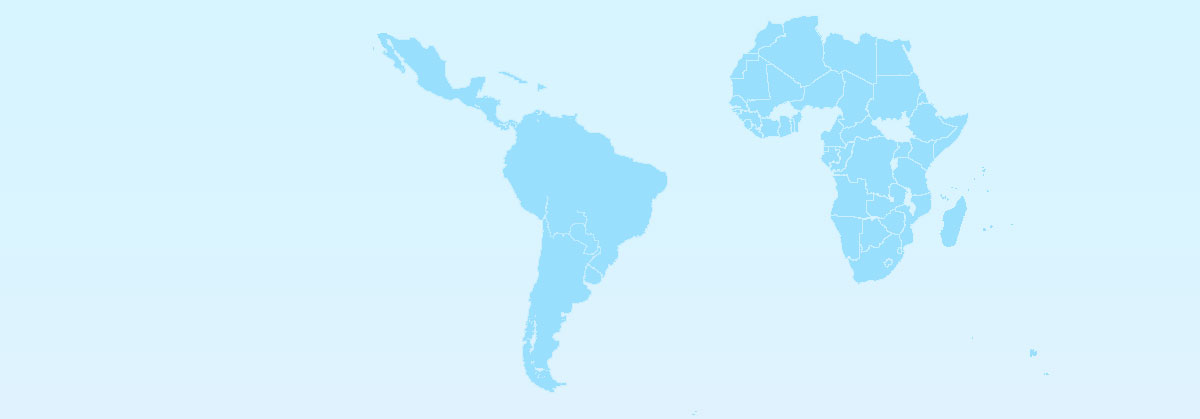

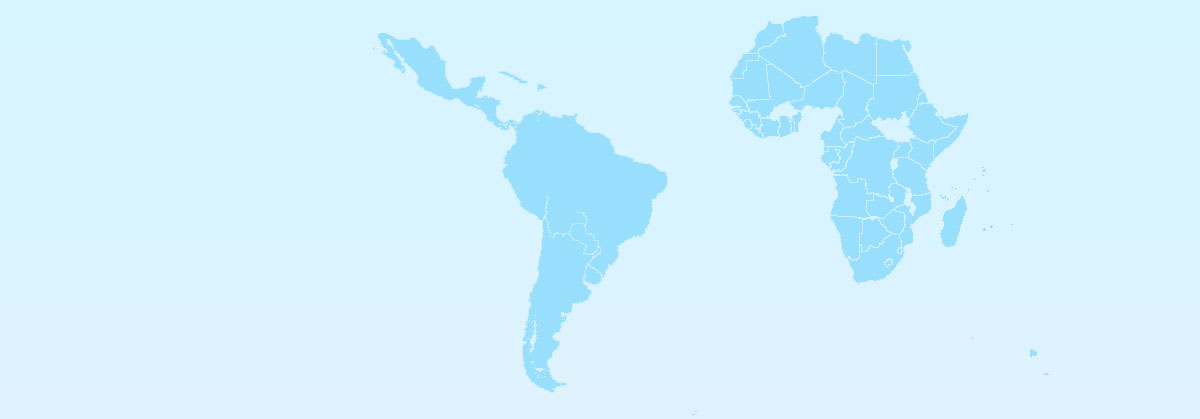
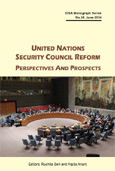





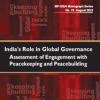
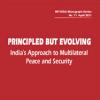
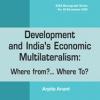
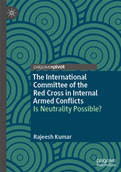
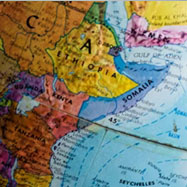

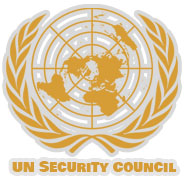
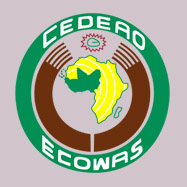
India–Bhutan Relations after Prime Ministerial Visits
Bhutan PM's five-day visit to India in March 2024 which was followed by Prime Minister Narendra Modi’s two-day visit to Bhutan is expected to ease mutual concerns about a possible border agreement with China.